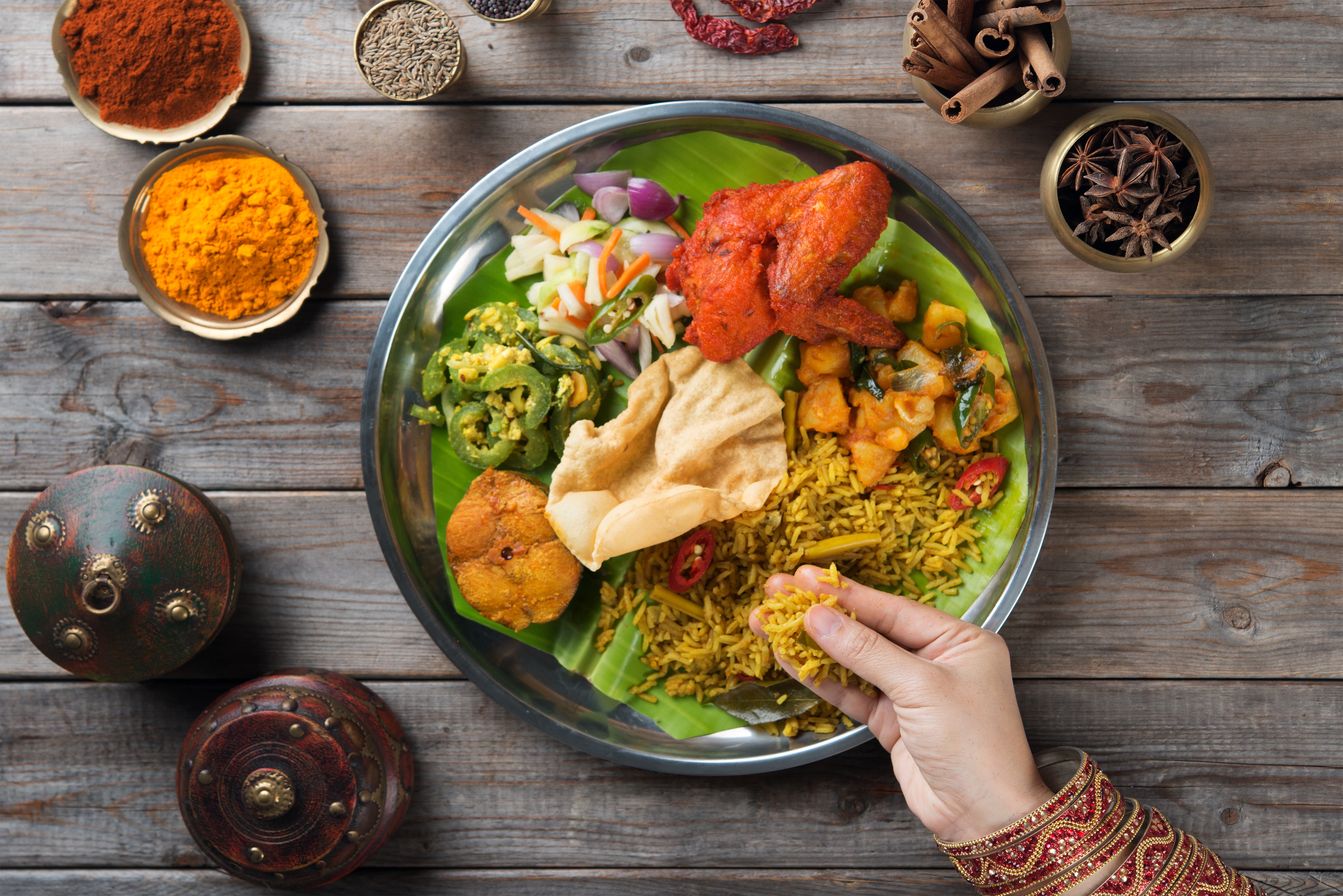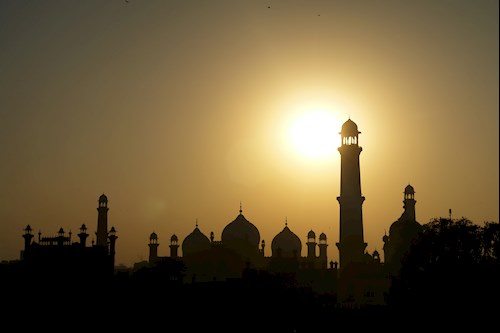Your Final 10 Nights for Gaza – Automate your charity in the blessed last 10 nights of Ramadan.
Schedule your donationsYour Final 10 Nights for Gaza – Automate your charity in the blessed last 10 nights of Ramadan.
Schedule your donationsYour Final 10 Nights for Gaza – Automate your charity in the blessed last 10 nights of Ramadan.
Schedule your donationsYour Final 10 Nights for Gaza – Automate your charity in the blessed last 10 nights of Ramadan.
Schedule your donations30th August 2017
The amazing festival of Eid ul-Adha, also known as the Greater Eid or the Festival of the Sacrifice, is nearly here! Millions of Muslims from across the globe will come together to commemorate the obedience of the Prophet Ibrahim (as) when he submitted to the will of Allah and agreed to sacrifice his son Ismail.
Eid is an occasion of joy and peace, where we celebrate with our families, let go of past grudges and make meaningful connections with one another. Around the world, Eid traditions and festivities vary and many countries have unique cultural approaches to this important festival.
In Europe and the USA, Muslims usually skip breakfast and go straight to their local mosque for Eid prayers and the Eid sermon. Afterwards, they return home for an elaborate meal with family, friends and neighbours.
In Western countries, a Monday-Friday work schedule sometimes prevents families from spending the whole day together, and it’s common for people to go straight to work or school after Eid prayers and leaving the family gathering until the weekend comes.
Eid ul-Adha is more commonly known as ‘Eid el-Kibr’ in Egypt, and is endowed with a greater significance than the festival of Eid ul-Fitr. The day begins in a largely traditional way, with prayers and a sermon followed by a large family gathering. People will meet with their friends and loved ones and wish one another ‘kol sana wa inta tayeb’. This means ‘I hope every year finds you well’.
Qurbani meat is donated with great generosity by the people of Egypt. Those who are wealthy and many charitable organisations will give meat and other foodstuffs to families who are hungry in order to honour the Prophet Ibrahim (as). All of the country, the poor and needy will look forward to this time when they can receive nutritious meat.
In Pakistan, Eid ul-Adha is celebrated with a 4-day religious holiday, rather than the 3-day celebration common in most other countries. All shops are closed and people spend the day in prayer and performing the Qurbani sacrifice. The meat from animal sacrifices is then distributed among friends, relatives and the poor. As in other countries, families will come together to share food and exchange gifts

The holy festival is known as ‘Kurbanir Eid’ or ‘Bakri Eid’ in Bangladesh, and is observed as both a religious occasion and a festal one. Nearly a month before the festival begins, preparations will be underway with sweet shops, gift stores and cloth vendors stocking their shelves with the goods enjoyed by families across the country.
On the day of Eid, the Qurbani sacrifice will take place. In Bangladesh, cows, goats and buffalos are commonly chosen and the slaughter will begin directly after the namaz (prayer ceremony) on the first day, continuing for the next two-three days.
With Eid ul-Adha almost here, it’s coming up to your final opportunity to pay Qurbani. Qurbani is a religious obligation for all adult Muslims of sound mind, who possess the nisab (minimum) level of wealth.
Millions of families around the world will go hungry this Eid unless we act now. In Syria, Somalia, Yemen, Palestine and many other famine and conflict-affected countries, malnourished children and their parents are making impassioned duas for our help. Your Qurbani shares will provide a vulnerable family with the fresh meat they so desperately need.
Give your Qurbani today.